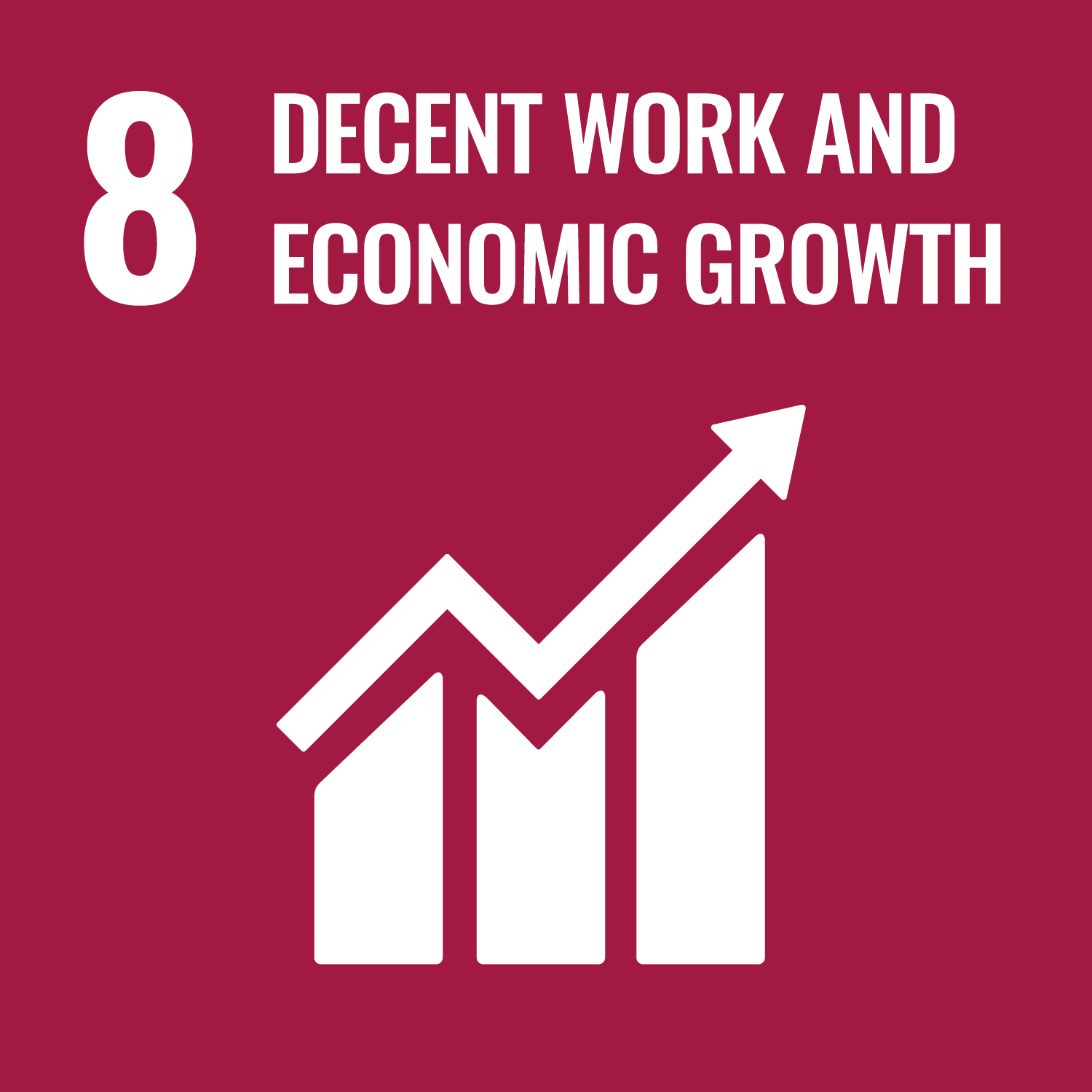This study aims to expand the body of research focusing on cis-gendered women and girls engaged in sex work in Phnom Penh, Cambodia. Researchers surveyed male-to-female transgender persons (referred to throughout the paper as ‘transgender persons’ with deference to the multitude of gender identities a person and people may have, although female-to-male transgender persons, trans men, were not surveyed nor included in the research) to understand their experiences with discrimination and harassment.
The report provides a brief overview of gender within the Cambodian context and Khmer language.
The report moves into a brief overview of the history of research into transgender persons in Asia, prejudice and discrimination against transgender communities, and the specific vulnerabilities, violence and discrimination transgender persons experience in Cambodia. This study was the first to explore the intersections of personal [gender] identity, social exclusion and challenging life experiences with mental ill-health in Cambodia.
The study moves into an overview of the scope and methodology and methods (snowballing) before discussing the ethical considerations and limitations (self-reporting). The Genderbread Person 3.0 is used to depict the relationship between gender identity, gender expression, sexual orientation and biological sex. A glossary is provided on page 18.
The results of the study show that participants were on average 34 years of age and a large majority had migrated to Phnom Penh from elsewhere in Cambodia. No participants had completed university and half left school between 7th and 10th grades.
Roughly half of the participants said sex work is their primary means of income and 14% said sex work is their only form of income. About one quarter had another primary income outside of sex work (often factory work). One-third of respondents live with other transgender friends; one-third with immediate family members while others live alone, with distant relatives or with others. Nearly all respondents indicated that their closest platonic relationships are with other transgender persons.
Initially when asked, respondents said they had not experienced stigma or discrimination but with further prompting reflected that they had experienced multiple and extreme forms of stigma and discrimination. Police were the greatest source of discrimination and harassment followed by parents; religious figures were last. Nearly three-quarters of respondents experienced physical harassment; roughly half experienced physical assault and more than half had experienced forced or coercive sex although the authors note there was significant confusion over the nature of coercive or forced sex (i.e. forced sex can occur in the absence of physical struggle or because the respondent changed their mind).
Respondents as a whole experienced higher than average rates of sexually-related illness and generally high rates of ill-health. The report then discusses the motivations for engaging in sex work. The researchers then asked participants what they hope to be when reincarnated—more than half said they wish to be born cis-woman/female and roughly one-third said they ‘didn’t care if they were a man or a woman, as long as they were reincarnated as something definite (cisgender).’
The report moves away into a discussion of findings and the ways in which exploitation manifest in the lives of transgender persons engaged in sex work in Phnom Penh. Economic need is a driving force behind engagement in sex work, and lack of education and skills contributed to respondents feeling /being unable to seek other forms of employment; stigma and discrimination compound this vulnerability. The connection between gender discrimination against cis-women in Khmer culture whereby pre-marital loss of virginity results in stigmatisation of cis-women as sex workers and the possibility that loss of virginity is perceived by transgender people to adopt this societal expectation/assumption and enter into sex work is explored. Major dichotomies are revealed in this section.
A section on ‘theological considerations’ for Christian ministries and FBOs working with transgender persons follows the conclusion of the research findings and discussion. Recommendations follow this section and conclude the report.








